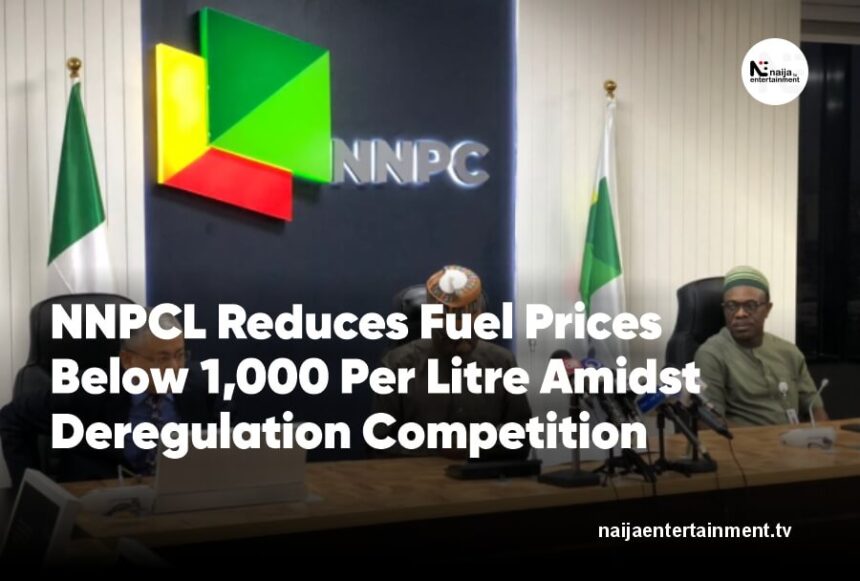NNPCL reduces fuel prices. In a major development for the Nigerian petroleum sector, the Nigerian National Petroleum Company Limited (NNPCL) has reduced the price of Premium Motor Spirit (PMS) to below ₦1,000 per litre.
The announcement was made on Saturday, December 21, 2024, in a statement by Dr. Joseph Obele, National Public Relations Officer of the Petroleum Products Retail Outlets Owners Association of Nigeria (PETROAN). The price cut marks a significant shift in the market, reflecting the competitive dynamics introduced by deregulation in the downstream sector.
Competitive Response to Deregulation
NNPCL has adjusted the ex-depot price of PMS from ₦1,020 to ₦899 per litre, a move that PETROAN has described as commendable and timely. According to Dr. Obele, this reduction is expected to trigger a price war among oil marketers, potentially leading to even lower prices and more affordable fuel for consumers.
“The reduction in fuel prices by NNPCL underscores the competitive pressures brought about by deregulation in the downstream sector. This proactive measure will not only benefit end-users but also foster a healthier competitive landscape among marketers,” Dr. Obele stated.
Positive Reception from PETROAN
PETROAN has praised NNPCL’s decision, emphasizing the significance of the move in addressing consumer concerns over rising fuel costs. The association expressed optimism that this step will encourage other players in the market to follow suit, making PMS more accessible to Nigerians.
What This Means for Consumers
The reduction is seen as a win for Nigerian consumers, who have faced fluctuating fuel prices in recent months. With deregulation driving competition, oil marketers are likely to explore further price adjustments, offering potential relief for households and businesses dependent on PMS.
This price cut aligns with NNPCL’s commitment to balancing market dynamics with the need for affordability, reinforcing its role as a key player in Nigeria’s petroleum industry.
Stay tuned for more updates on developments in the energy sector and their impact on Nigerians.












